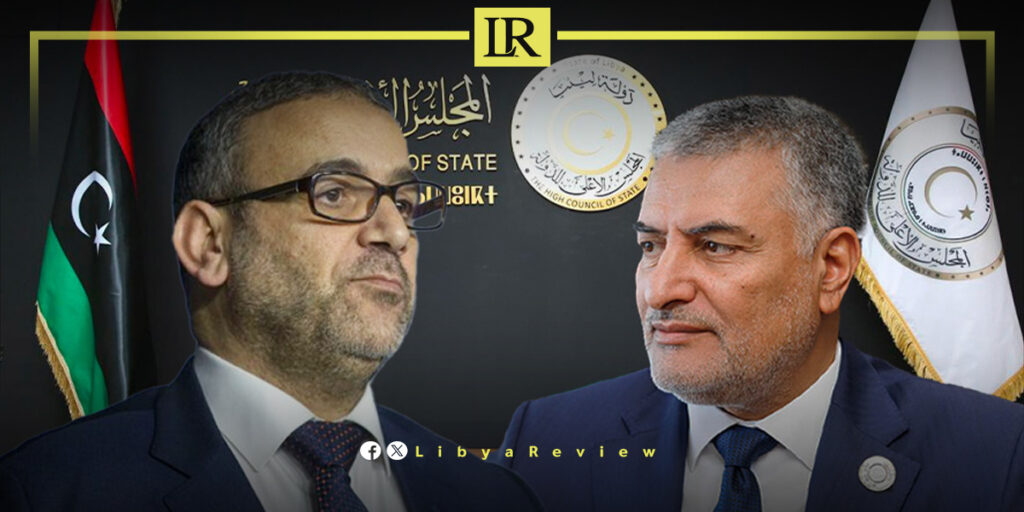Tensions are mounting within Libya’s High Council of State (HCS) following the election of Mohamed Takala as the council’s new president. The vote, held on Sunday with the participation of 95 members out of 145, saw Takala secure 59 votes, surpassing his closest rivals. The development underscores ongoing institutional divisions that have plagued the HCS for over a year.
Footage released by Takala’s team showed the vote count, where Ali Juwan received 14 votes, Ali Al-Suwaih 13 votes, and Naji Mukhtar eight. Former president Khaled Al-Mishri rejected the legitimacy of the vote, calling the elections “illegal and invalid.”
The dispute dates back to August 2024, when Al-Mishri narrowly won re-election by a single vote, 69 to 68 against Takala. A legal challenge regarding a disputed ballot froze the results, sparking a protracted legal and political battle.
The rift deepened recently when Al-Mishri hosted candidates for the upcoming prime ministerial race, endorsing several names. Takala dismissed the move as lacking legal basis and failing to reflect the council’s institutional stance. He stressed that candidate vetting and endorsements must only occur during formal, quorum-complete sessions under official oversight.
Takala also accused certain factions of promoting candidates outside official frameworks, warning that such actions jeopardise the unity of Libya’s second legislative body and violate the principle of balance between legislative authorities.
He reiterated that any endorsements not recorded in official council sessions hold no legal validity, rejecting recognition by external bodies, including the House of Representatives.
In May, Takala proposed early elections to unify the fragmented council, a call ignored by Al-Mishri, who insists he remains the rightful leader. The ongoing rift threatens to undermine the HCS’s role in shaping Libya’s political roadmap, particularly amid efforts to restructure the executive authority and appoint sovereign positions.


